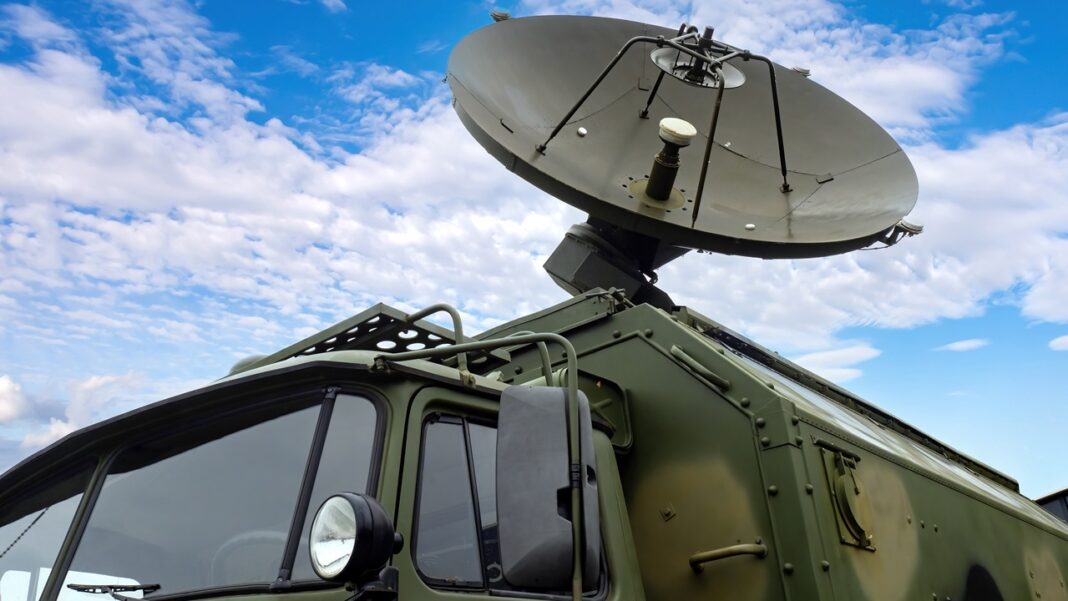The Abraham Accords are a peace treaty that Israel and the United Arab Emirates (UAE) signed in 2020.This was done under U.S. sponsorship and was seen as a major step toward improving Middle East relations.
Abraham Accords Fails to Unlock Advanced U.S. Weapons for UAE
One hope the UAE had from this deal was to get access to advanced American weapons, especially the F-35 stealth fighter jet.
One of the most sophisticated fighter aircraft in the world is the F-35, which is manufactured by the American firm Lockheed Martin. It is used by the U.S. and also by Israel. The UAE believed that after signing the peace deal with Israel and supporting U.S. military bases on its land, it would be allowed to purchase the F-35s. However, the United States refused to sell them the aircraft. U.S. officials said they wanted to maintain Israel’s military advantage in the region.
This decision frustrated the UAE. It had opened its skies and military bases to thousands of U.S. soldiers and hoped for stronger defense cooperation in return. Despite hosting key U.S. bases like the one near Abu Dhabi and despite strong relations, the U.S. was firm in its position. Even after U.S. President Donald Trump visited the UAE in May 2025, alongside Saudi Arabia and Qatar, the decision did not change.
American officials were also concerned about the UAE’s growing use of Chinese technology, especially Huawei’s 5G network. They feared that if the F-35s were delivered, China could study their operations through these networks. The U.S. asked the UAE several times to stop using Huawei technology, warning that it posed security risks to American weapons.
Not Stealth, But Strength: PLA Study Elevates B-52 Above F-22 and F-35 in U.S. Threat Matrix
Chinese J-20 Fighter Deal Announced After American Refusal
After several failed attempts to secure the American F-35, the UAE started looking at other options. Eventually, an agreement with the China National Aero-Technology Import and Export Corporation (CATIC) resulted from discussions with China. The UAE’s Chief of Joint Operations visited Beijing in late April 2024 to have talks with top Chinese military officials.
The UAE has shown interest in China’s J-20 stealth fighter, dubbed the “Mighty Dragon.” China’s response to the American F-35 and F-22 fighters is this aircraft. It is highly maneuverable, has sophisticated sensor systems, and can operate stealthily. One significant Chinese defense business, Chengdu Aircraft Industry Group, is responsible for its development.
The UAE’s Ministry of Defense also signed a contract to purchase 12 L-15 light combat aircraft, which are used for training and defense missions. The L-15 is less advanced than the J-20 but is considered a useful addition to the UAE’s air fleet.
This move toward Chinese weapons was seen by both the United States and Israel as a sharp shift. Both countries viewed China as a close friend of Iran, which backs the Houthi militias in Yemen. These militias had launched missile and drone attacks on the UAE in 2022, threatening its economy and population. The UAE’s decision to buy Chinese aircraft was seen by Washington and Tel Aviv as a response to their refusal to supply the F-35.
U.S.-Israel Concerns Over Technology and Influence in UAE
The U.S. and Israel’s refusal to sell the F-35 to the UAE was rooted in more than just preserving Israel’s military edge — it also stemmed from deep concerns over trust and security. American officials believed Chinese companies like Huawei had significant access to the UAE’s tech infrastructure, raising fears that sensitive U.S. fighter jet technology could be compromised if operated in an environment with Chinese surveillance capabilities.
$82 Million F-35 Nearly Hit by Rebel Missile in Yemen — Deployment Sparks Scrutiny
These concerns extended beyond aircraft. Fearing possible military use, the U.S. allegedly put pressure on the UAE to halt a Chinese port project close to Abu Dhabi. In a 2022 Senate hearing, General Michael Erik Kurilla warned that the UAE’s openness to Chinese defense partnerships threatened U.S. national security and complicated the longstanding defense relationship.
Emirati officials found themselves caught in the middle of growing U.S.-China tensions. While they valued their ties with the U.S., including hosting American military bases and signing a peace deal with Israel, they were frustrated by what they viewed as Washington’s attempts to control their sovereign decisions — especially around Huawei and Chinese cooperation.
The United Arab Emirates has started to transition to Chinese military systems, such as the J-20 fighter, after being denied access to the F-35. This marks a significant change in the country’s defense policy, highlighting how evolving geopolitical rivalries are reshaping alliances and strategic choices in the Gulf region.

